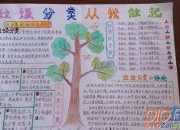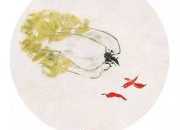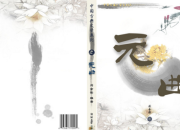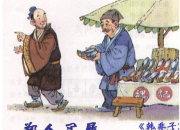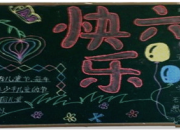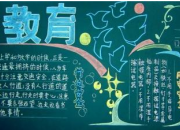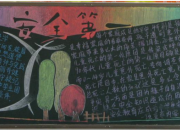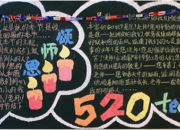英文寓言
时间:2021-08-31寓言有所隐含的语言.文学作品的一种体裁.常带有讽刺或劝戒的性质,用假托的故事或拟人手法说明某个道理或教训.“寓”有“道理”的意思.将深刻的道理揭示。

我与河马
A hippo lives in the zoo. I like him very much. I often go to see him. He often thinks of me, too. Today is Sunday. It is fine day. I go to see him again. After I leave the zoo, he follows me to my house. I give him lettuce, cabbages, bananas, apples and other food. He eats them up. When I sing songs, he stays in the pool. He is as quite as a rabbit.
In the evening, he jumps onto my bed with me. My mum tells him to go home. He has to pack his bag and go back to the zoo. My mum lets me see him every week.
河马住在动物园里,我很喜欢他。他经常去看它,他也经常想我。
今天是星期日,是个好天气,我又一次去看望它。在我离开动物园之后,他跟随到我的家。我给他莴苣、生菜、香蕉、苹果和其他食物。他都吃了。
当我唱歌是,它待在水池里,像兔子一样安静。
晚上,他跳到床上同我睡觉在一起睡。
妈妈要它回家。它不得不背起包回到动物园。妈妈允许我每周去看它。
好孩子
Little Robert asked his mother for two cents. "What did you do with the money I gave you yesterday?"
"I gave it to a poor old woman," he answered.
"You're a good boy," said the mother proudly. "Here are two cents more. But why are you so interested in the old woman?"
"She is the one who sells the candy."
小罗伯特向妈妈要两分钱。
“昨天给你的钱干什么了?”
“我给了一个可怜的老太婆,”他回答说。 “你真是个好孩子,”妈妈骄傲地说。“再给你两分钱。可你为什么对那位老太太那么感兴趣呢?”
“她是个卖糖果的。”
人与赛特
A Man and a Satyr having struck up an acquaintance, sat down together to eat. The day being wintry and cold, the Man put his fingers to his mouse and blew opon them. "What's that for, my friend?" asked the Satyr. " My hands are so cold," said the Man, "I do it to warm them." In a little while some hot food was placed before them, and the Man, raising the dish to his mouse, again blew opon it. "And what's the meaning of that, now?" said the Satyr. "Oh," replied the Man, "my porridge is so hot, I do it to cool it." "Nay, then," said the Satyr, "from this moment I renounce your friendship, for I will have nothing to do with one who blows hot and cold with the same mouse."
一个人与赛特偶然相识,坐在一起吃东西。正值冬季,天气很冷,那人把手放在嘴边哈气。赛特问道“我的朋友,那是干吗?”这人说“我的手太冷了,这是为了取暖”。过了一会儿,热腾腾的食物端上来了,那人把碟子举到嘴边又吹了起来,赛特问“这又是干吗?”,那人说“哦,我的粥太烫了,我把他吹凉些”。赛特说“从现在起,我要与你绝交,因为我不想和一个反复无常的人做朋友”。
